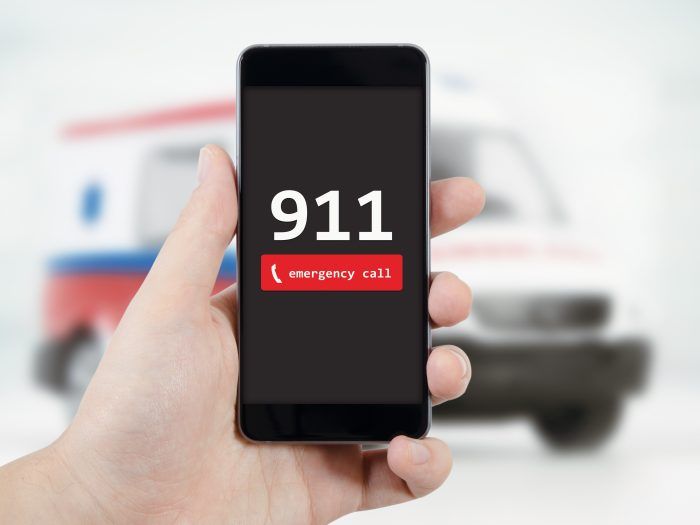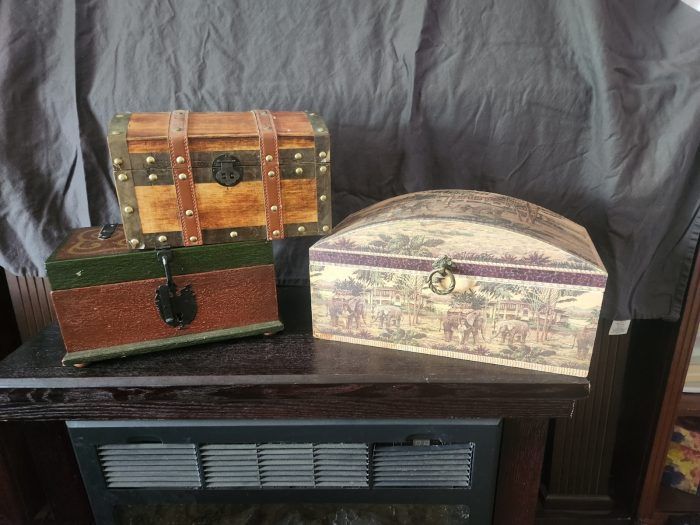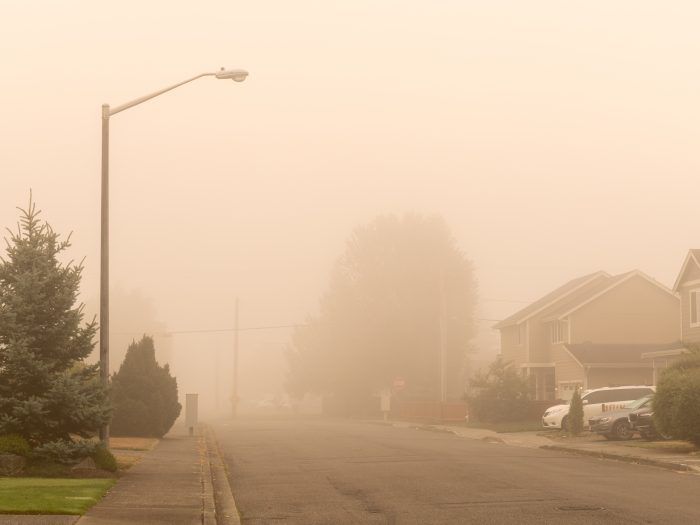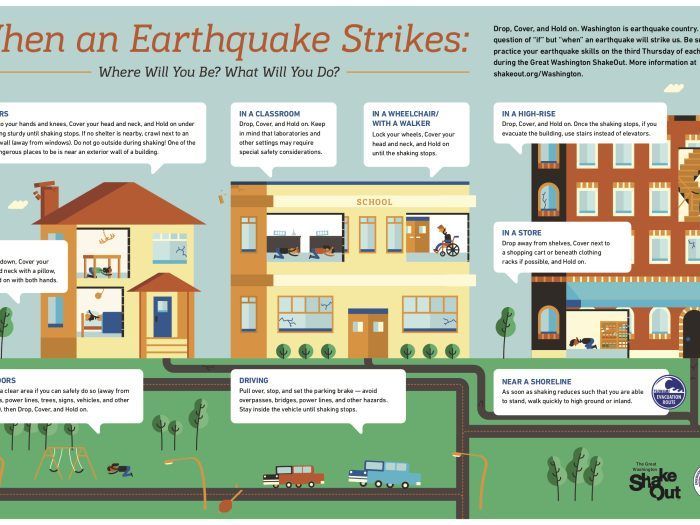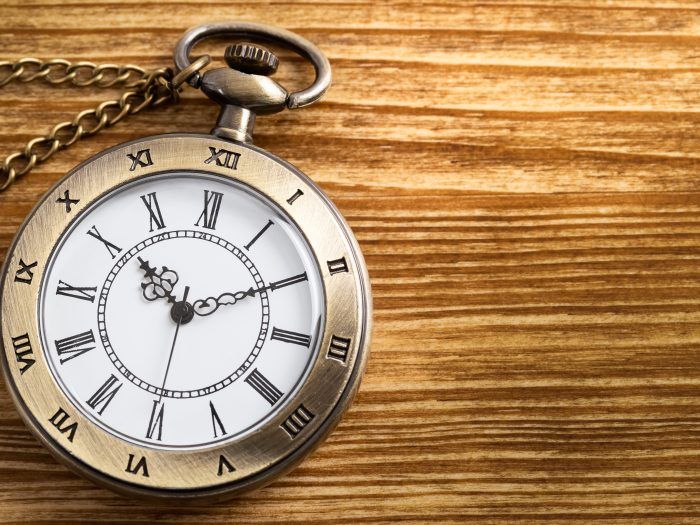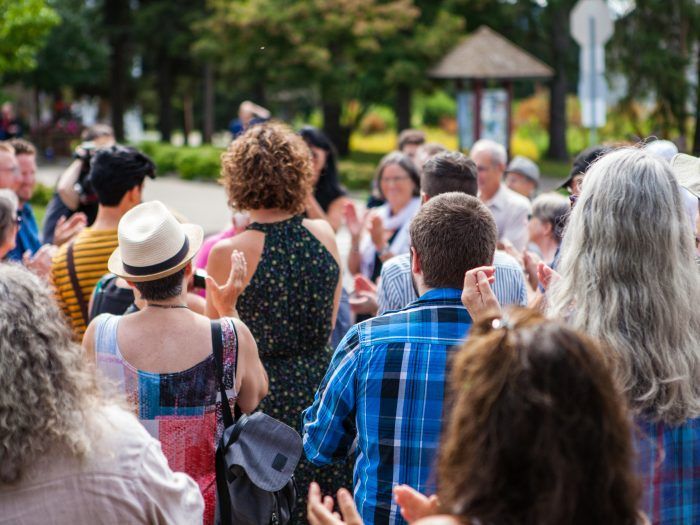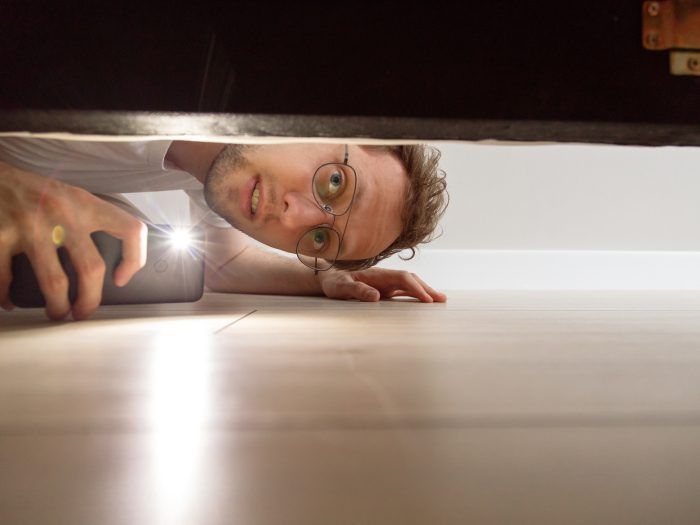Stay Ahead of Natural Disasters in Seattle With Our Blog Articles
Our default service model is to meet our clients in person—that’s what we mean by “personalized” service.
We are your neighbors—real people passionate about helping you better prepare for emergencies.
That’s why we answer the phone, return voice mail messages, and respond to e-mails when you give us
the honor of contacting us.

Pets are family, but it can be easy to overlook the need to make preparations for their care if an earthquake or other natural disaster occurs. Some animals seem to have their own inner warning syste; they may give us clues to impending danger even before the meteorologists do. Nevertheless, they still need our care and assistance—both emotional and physical—during and after the event.
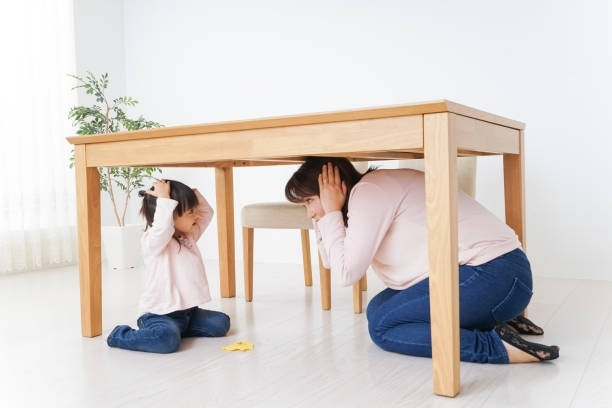
On Tuesday, October 17, 2024 you will have the opportunity to practice your “Drop, Cover, and Hold” skills as part of the world’s largest earthquake drill! At 10:17 AM on October 17th, Shakeout.org invites you to join thousands of other Americans in a nationwide earthquake drill designed to develop your muscle memory so you remember what to do when the ground starts to shake. Earthquakes DO happen, and it’s likely that if you live in the Pacific Northwest you will experience one or more in your lifetime. Know how to protect yourself!

